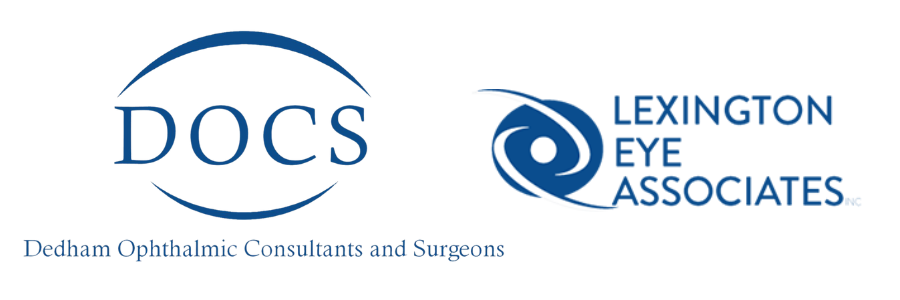Staring Directly at the Sun is HARMFUL to Your Eyes
On Aug. 21, a total solar eclipse, where the moon completely covers the sun, will be visible in the U.S. from Oregon to South Carolina. It’s the first total solar eclipse that can be seen coast to coast and only from the continental U.S. since the country’s founding. If you are planning to watch this rare celestial event, you will need to take precautions, because staring right at the sun can quickly harm your eyes.
Why Does a Solar Eclipse Damage My Eyes?
According to experts, viewing the sun with your naked eye during the eclipse can possibly burn your retina, damaging the images your brain can view. This phenomenon, known as “eclipse blindness,” can cause temporary or permanent vision impairment, and in worst-case scenarios can lead to legal blindness, a significant loss of vision.
There are no immediate symptoms or pain associated with “eclipse blindess” – the retina doesn’t have any pain receptors – so it’s hard to know at the time if you’ve actually been afflicted with eclipse blindness. Typically those who suffer from it notice a center spot in their vision that is intensely blurred. There are no remedies to treat eclipse blindness, however, some who have suffered from it have reported restored vision months later.
What Can I Do to Protect My Eyes?
To ensure your experience is injury-free, listen to NASA’s advisory and buy eclipse glasses, which block approximately 99.99% of light rays. Or watch this step by step video to make your own eclipse viewing device.

